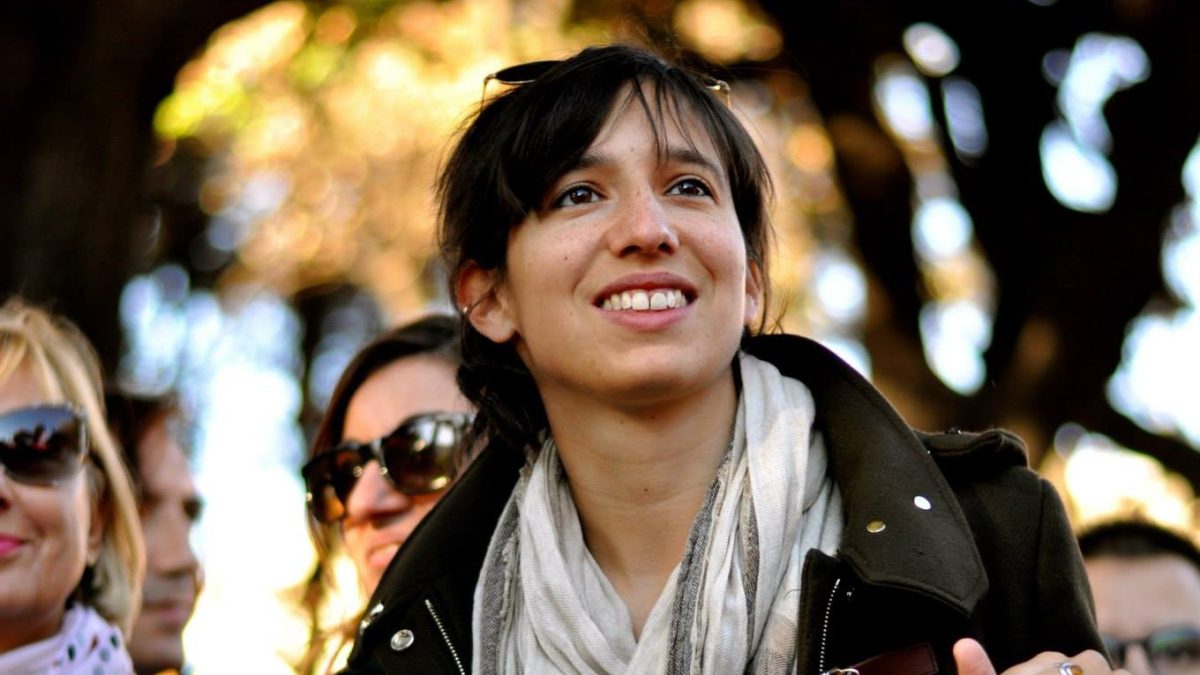A Historic moment
History has been made in Italy as Elly Schlein becomes the first woman and openly LGBTQ+ person to lead the Democratic Party (PD).
The Italian left is reeling from the 37-year-old’s shock election win against the establishment favourite, Stefano Bonaccini (53.8% to 46.2%), who had comfortably led Schlein in the Member’s primary vote.
The election for PD leadership was triggered by the resignation of Enrico Letta after the 2022 General Election that brought Giorgia Meloni’s far-right coalition to power. For the first time in Italian history, the two largest parties will be headed by women.
Who is Elly Schlein?
Labelled by some as the Anti-Meloni, in many ways, Schlein incarnates everything that Prime Minister Giorgia Meloni is not. An avowed atheist and daughter of academics, Schlein has American, Swiss, and Italian citizenship; she was raised in Switzerland and worked on the 2008 Obama campaign.
Meloni, on the other hand, leads the Brothers of Italy Party, which has roots within the neo-Fascist movement. The PM grew up in a working-class district of Rome and ran on a platform of traditional family roles and the Catholic faith: “I am Giorgia […] I am a mother, I am a woman, I am an Italian, I am a Christian”.
In a riposte sure to draw parallels to Meloni’s speech, Schlein was keen to distinguish her politics from that of her political adversary: “I am a woman, I love another woman, and I am not a mother, but I am not any less of a woman for this”.
Schlein made a name for herself in progressive politics with the #OccupyPD campaign in 2013 that opposed centrist coalition building. In 2014, Schlein was elected as an MEP for the European Parliament and broke with the Democratic Party the following year due to policies taken by the centrist Renzi government. Schlein entered the regional legislative assembly in the bastion of the Italian left, Emilia-Romagna, beating out a far-right wave under Salvini. Schlein garnered the most votes in the region’s history and was appointed Vice President under Bonaccini, her future PD leadership rival. In 2022, Schlein entered the Chamber of Deputies.
Schlein faced an uphill battle to become head of the PD, a party still reeling from the seismic election of the most right-wing government in Italy since Mussolini. Bonaccini enjoyed support from party heavyweights such as the incumbent presidents of Campania, Apulia and Tuscany. Schlein did, however, find support within the progressive wing of the party, with the President of the Democratic Party, Valentina Cuppi, throwing her support behind Schlein. Perhaps what makes Schlein’s election most stunning is that most pollsters believed it was a foregone conclusion that Bonaccini would win out, but a surge in support in the major Northern cities saw Schlein edge ahead.
Elly Schlein’s positions and the future of the Italian left
Schlein campaigned on an ambitious progressive agenda for a country that still does not guarantee its citizens the same rights as its neighbours. The newly elected leader has called for anti-discrimination laws against ableism, sexism, and homophobia. Schlein has also called for marriage for all and a reform of citizenship laws. Schlein has pledged to introduce a minimum wage and reform Italy’s social welfare program. Other areas of Schlein’s focus have been climate justice and working to limit fixed-term contracts.
It is Schlein’s position towards the Russian invasion of Ukraine which has some on the Italian left worried about the direction of the PD. Her predecessor, Enrico Letta, was a vocal supporter of arming Ukraine. Any deviation from this position would enable Meloni to distinguish her party as the champions of the Ukrainian cause, especially with divisions in the 5-Star Movement. Nonetheless, Schlein has sought to reassure the international community by stating that she believes it is right to support Ukraine but emphasized her pacificist background and the EU’s diplomatic failures.
According to Politico’s Polls of Polls, the PD is currently vying with the 5-Star Movement Party headed by former Prime Minister Conte for second place – with both parties hovering around the 17% mark. Meloni’s party, on the other hand, currently has a strong 30% showing in a country where precarious coalition governments regularly collapse prematurely. The Government, supported by Salvini’s Lega and Berlusconi’s Forza Italia, currently has 237/400 seats in the Chamber of Deputies and 116/206 in the Senate. Thus, the PD has a long way to go towards ousting its far-right rivals.
The PD’s greatest risk is internal party division following Schlein’s election. Indeed, the PD’s ideological centre has shifted dramatically since the centrist Renzi’s chaos with the Jobs Act that would have abolished a provision that protected workers from unjustified dismissal. In a display of political soul-searching, former Education Minister Fioroni publicly left the party after seeing the PD shift to the progressive left. Bonaccini, however, has pledged his support behind the new leader. Schlein stated after a meeting with her opponent that they have reached an agreement of guaranteeing maximum unity with the PD.
Schlein is sure to become a target of the Italian right, with the political commentator Italo Bocchino arguing that Schlein could prove to be a drag for the leftist workers’ party due to what he described as Schlein’s privileged upbringing. Schlein appears ready for the challenge, stating in her victory speech that “we will be a big problem for the governorship of Giorgia Meloni”.
What is sure, however, is that the ideological divide in Italy has grown even larger.

